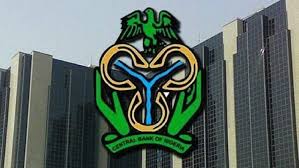
CYBERSECURITY LEVY NOT FOR INDIVIDUALS – FALANA
Senior lawyer Femi Falana, SAN, has said that the recently imposed 0.5 per cent cybersecurity levy is not meant for individuals.
Falana made this known in a statement on Thursday, saying the circular of the Central Bank of Nigeria, CBN, wrongly interpreted the provisions of the Cybercrime (Prohibition, Prevention, etc.) Amendment Act 2024.
“The CBN should also apologise to Nigerians for the misleading interpretation of the clear and unambiguous provisions of the Cybercrime (Prohibition, Prevention, etc.) Amendment Act 2024,” he said.
The federal government had announced a levy of 0.5 per cent on the value of all electronic transactions.
According to the announcement, the levy was to be remitted to the National Cybersecurity Fund, overseen by the Office of the National Security Adviser, NSA.
Falana said even though the said levy is payable by the businesses listed in the second schedule to the principal Act, the CBN wrongly directed all financial institutions to apply the levy at the point of electronic transfer origination.“The erroneous interpretation might have arisen from the substitution of ‘businesses’ for ‘business’ in the amendment. For the avoidance of doubt, by virtue of Section 42(a) of the Cybercrime Act 2025 as amended, the businesses which are required to pay the levy are GSM service providers and all telecommunications companies; Internet service providers; banks and other financial institutions; insurance companies; and the Nigerian Stock Exchange,” Falana said.
 Premium News
Premium News